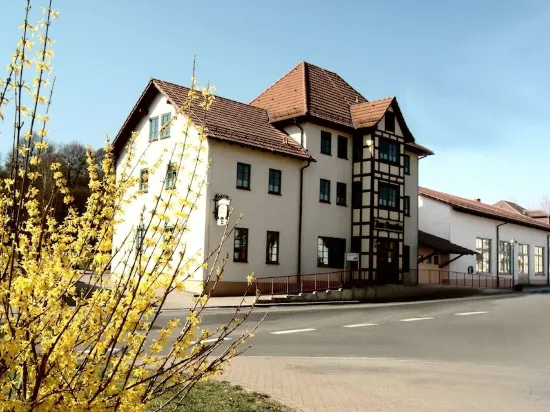THURINGIA
WELCOME TO THURINGIA
State Overview
Erfurt
16,171 km2
2,140,771
German
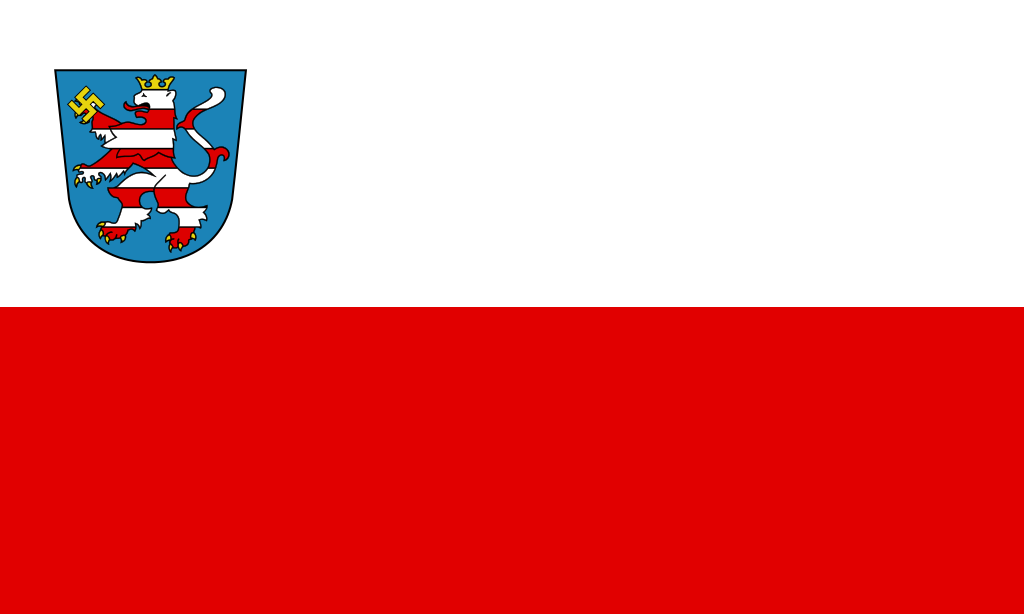
Popular
Geography and Tourist Attractions
Information about the state's tourist attractions, including popular destinations, events, and activities.

Erfurt
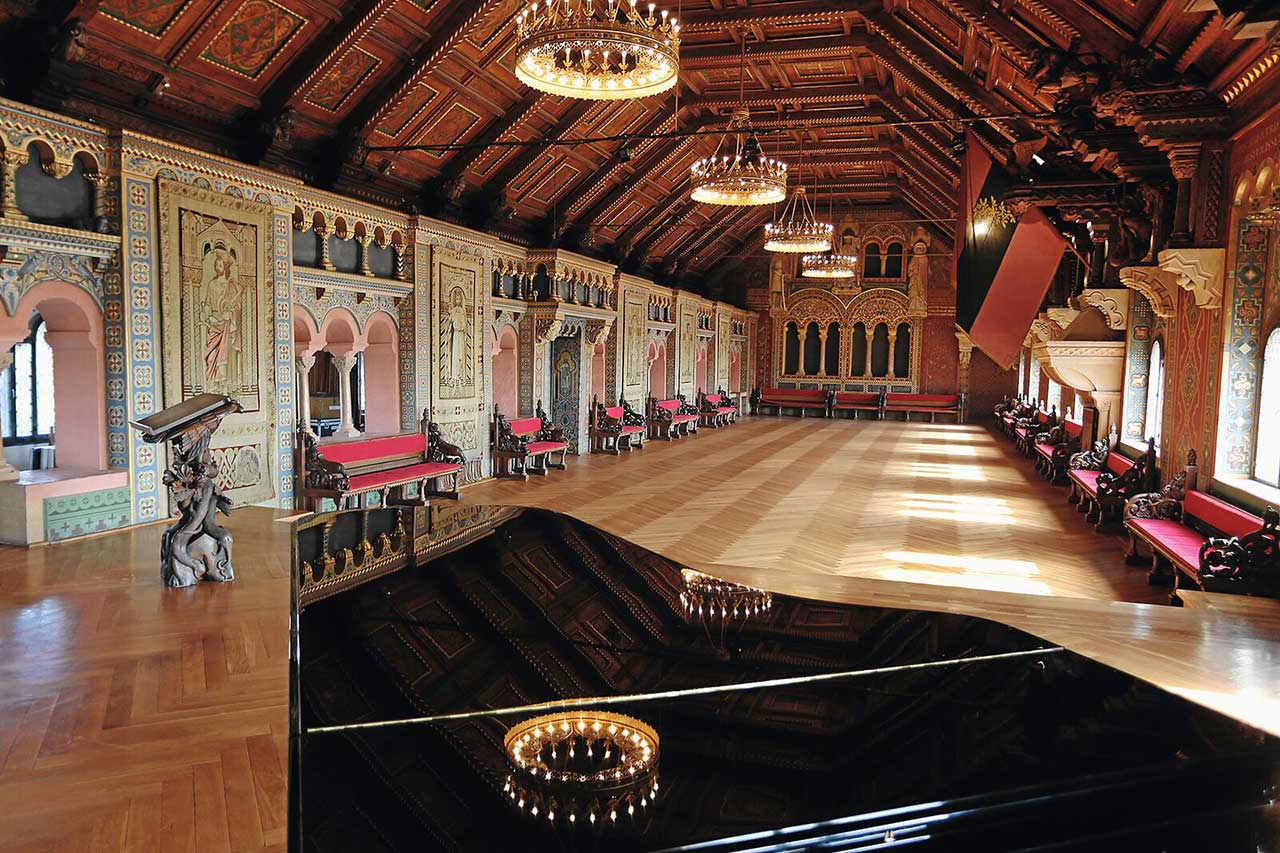
Wartburg Castle
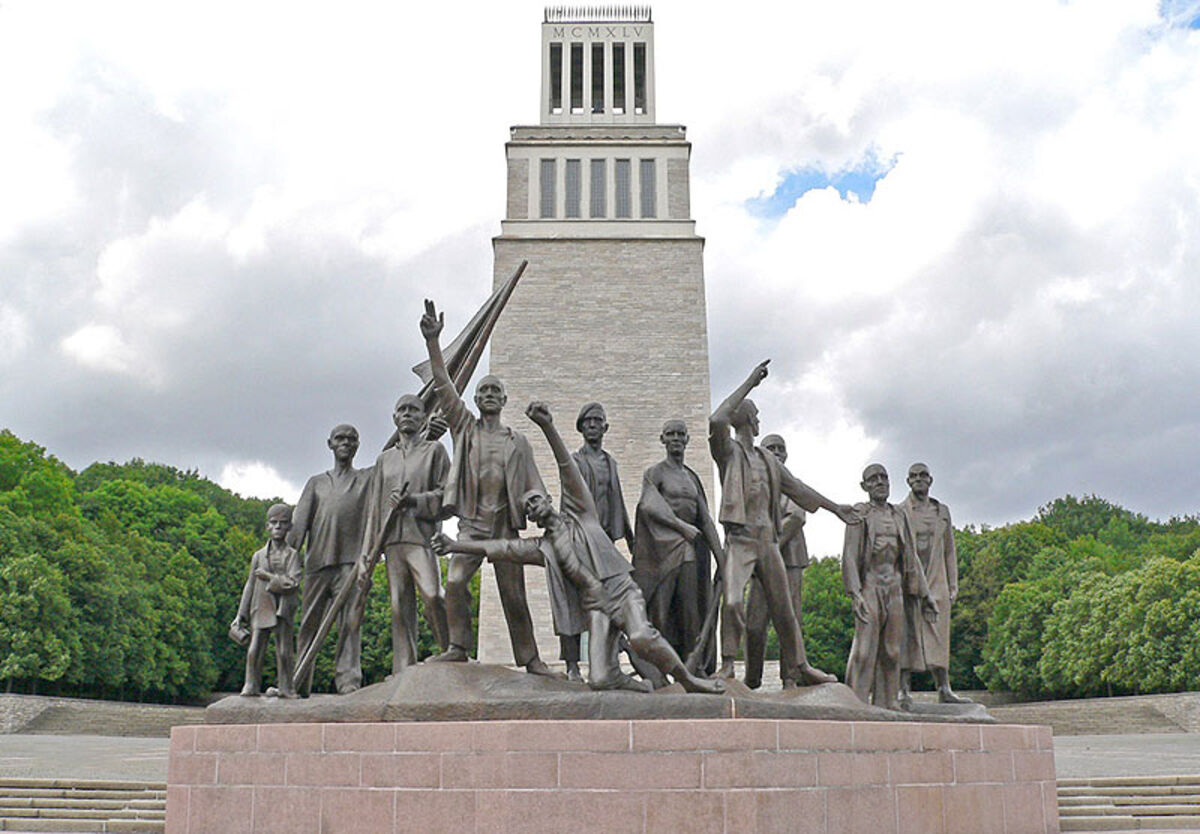
Buchenwald Memorial
Political
Economy and Government
Thuringia has a diverse economy, with a mix of traditional industries and high-tech sectors. The state is home to several major automotive manufacturers, including BMW and Opel, as well as numerous small and medium-sized enterprises (SMEs) in a range of industries. Thuringia is also known for its cutting-edge research and development in areas such as renewable energy, biotechnology, and information technology. The state government has made significant investments in these sectors, including the establishment of several technology parks and business incubators.
Thuringia is governed by a unicameral parliament, the Landtag, which is made up of 90 members. The state government is led by a Minister-President, who is currently Bodo Ramelow of the Left Party. The state is divided into 17 districts, each of which has its own elected council and administration.
Thuringia has a long history of political and cultural significance, and it continues to play an important role in German politics and society. The state is known for its progressive policies and commitment to sustainability, and it has received international recognition for its efforts to promote renewable energy and combat climate change.

History
History and Culture
Thuringia is a state in central Germany that has a rich and diverse history and culture. The region is known for its medieval towns, picturesque landscapes, and important historical landmarks.
Thuringia has a long and fascinating history, with evidence of human habitation dating back to the Paleolithic era. During the Middle Ages, Thuringia was home to several powerful medieval cities, including Erfurt, Jena, and Weimar, which played an important role in shaping the cultural and intellectual landscape of Germany.
The state is also known for its contributions to German music and literature. Johann Sebastian Bach was born in the town of Eisenach, and Goethe and Schiller both lived and worked in Weimar.
Thuringia is also home to many castles, palaces, and other historical landmarks. The Wartburg Castle, located near Eisenach, is a UNESCO World Heritage Site and played an important role in German history. The city of Erfurt is home to a stunning cathedral and a well-preserved medieval Old Town.
Today, Thuringia is a vibrant and dynamic region, with a thriving arts and cultural scene. Visitors to the region can enjoy traditional festivals, museums, galleries, and a wide range of outdoor activities.
HOTELS
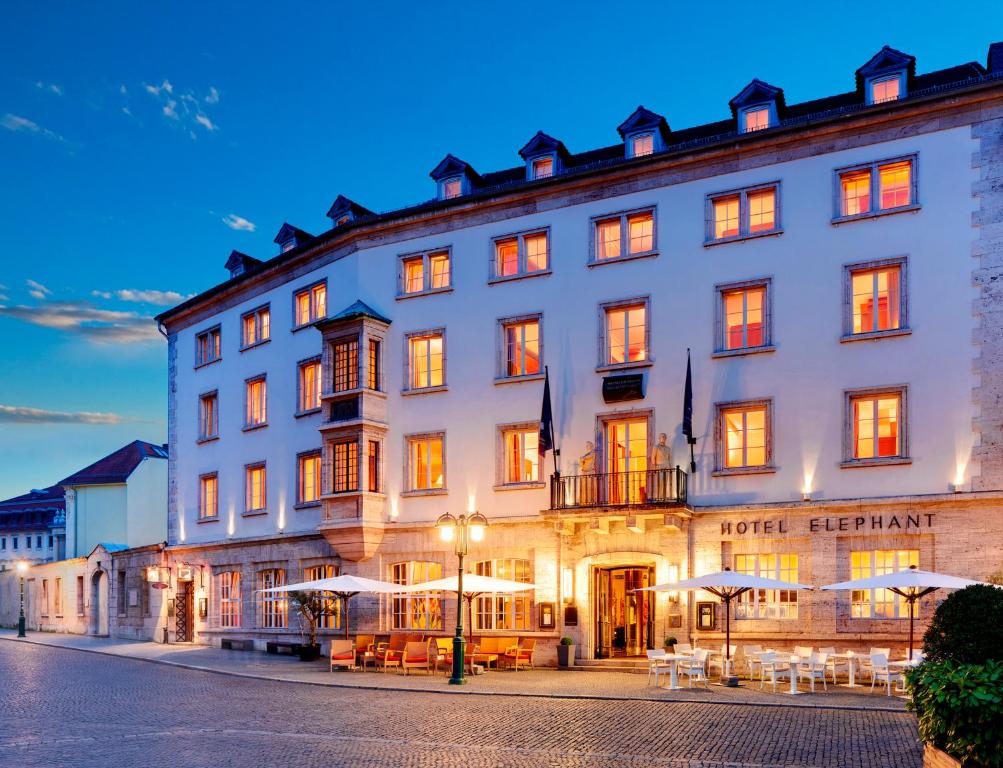
Hotel Elephant Weimar
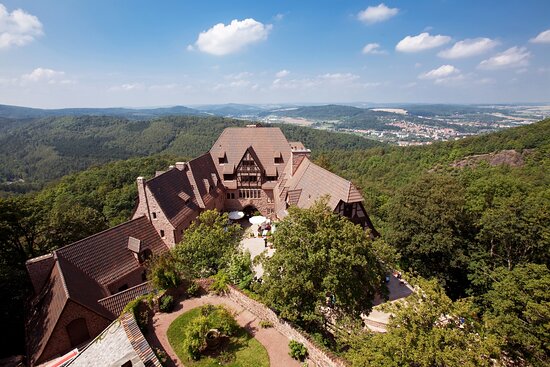
Hotel Burg Wartburg
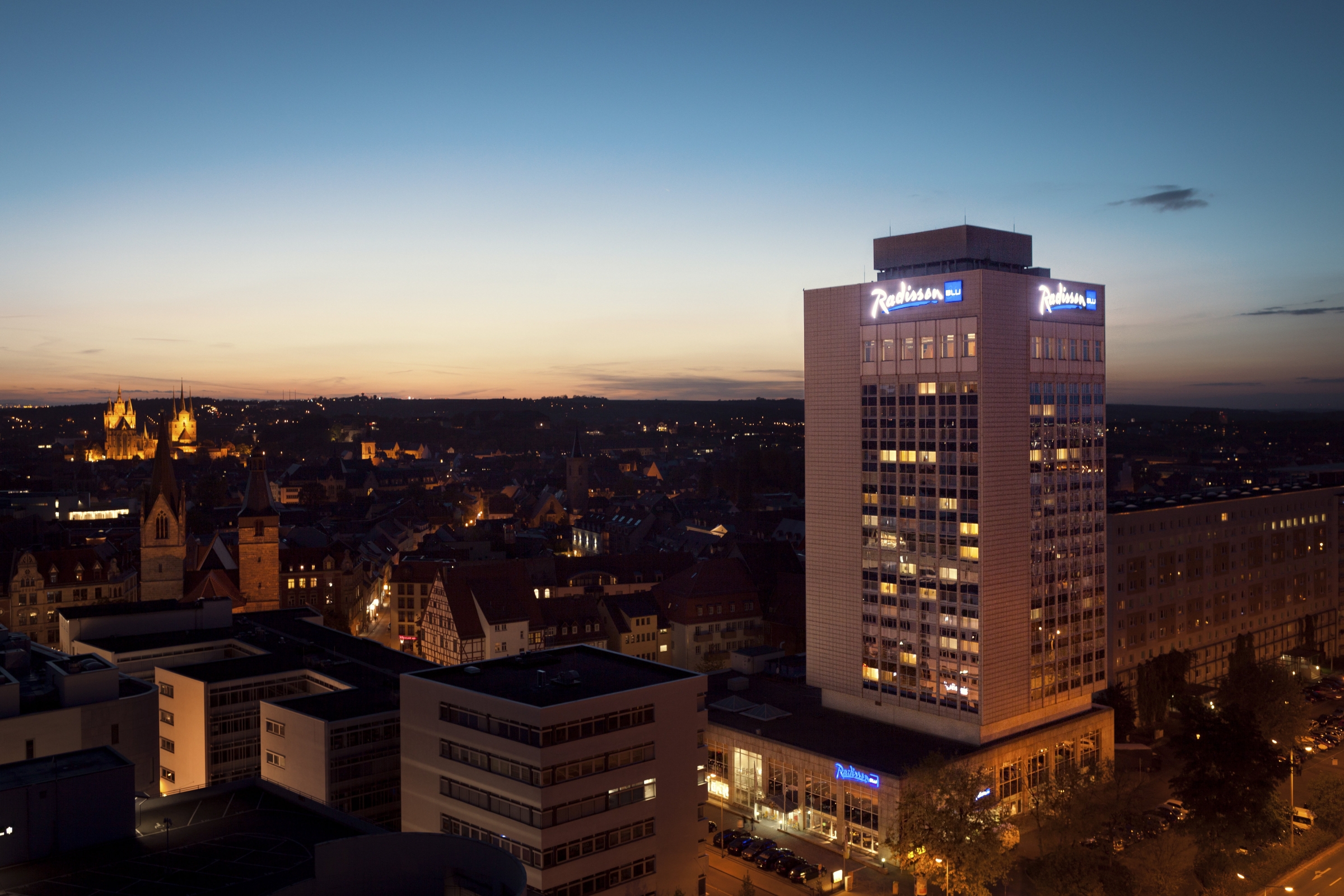
Radisson Blu Hotel Erfurt
RESTAURANTS
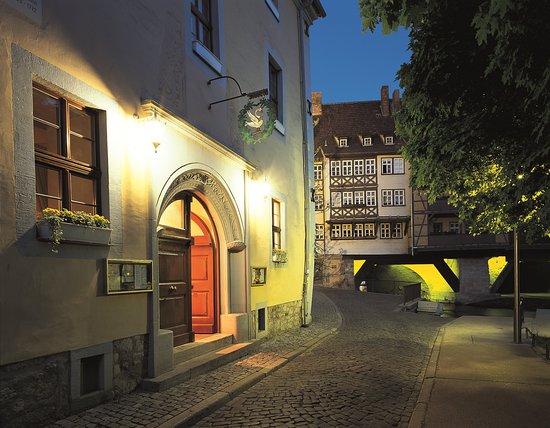
Restaurant "Zum Alten Schwan" in Erfurt
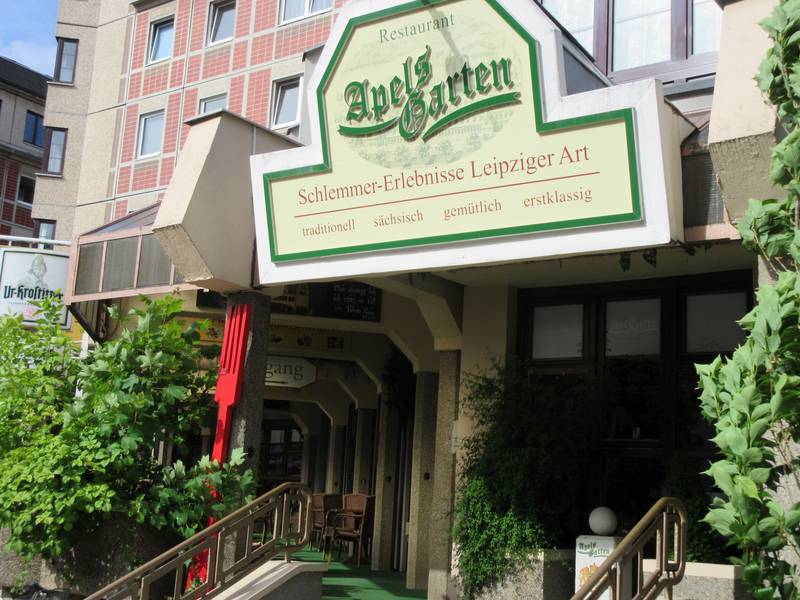
Restaurant "Apels Garten" in Jena
